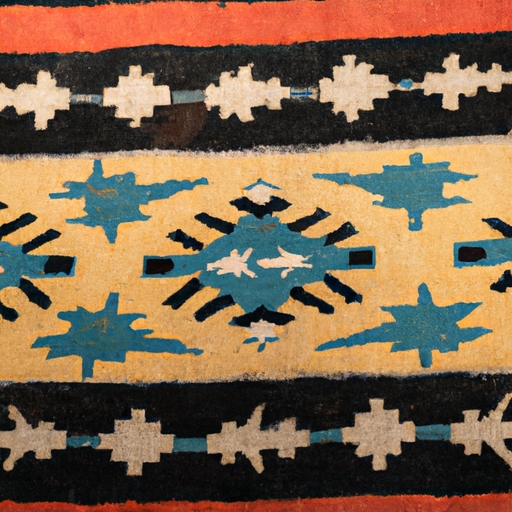how do i prove my native american heritage
Proving Native American heritage can be a complex and challenging process, but it is an important journey to connect with your roots and honor your ancestors. Gathering documentation or records that show your Native American ancestry is the first step in this process.
One key document to look for is a birth certificate that lists your Native American heritage. This may include information about tribal affiliation or blood quantum, which are often used to determine eligibility for tribal membership. Marriage licenses can also be helpful, as they may list the tribal affiliation of you or your family members.
Census records are another valuable resource for proving Native American ancestry. These records often include information about race and ethnicity, which can help establish a connection to a specific tribe or community. It is important to search through multiple census records to track down any mention of Native American heritage in your family history.
In addition to these official documents, it can also be helpful to gather oral histories and family stories that have been passed down through generations. These personal accounts can provide valuable insights into your Native American ancestry and help guide your research efforts.
Ultimately, proving Native American heritage requires patience, perseverance, and a willingness to explore different sources of information. By taking the time to gather documentation and records, you can begin to piece together the puzzle of your ancestral past and forge a deeper connection with your indigenous roots.
